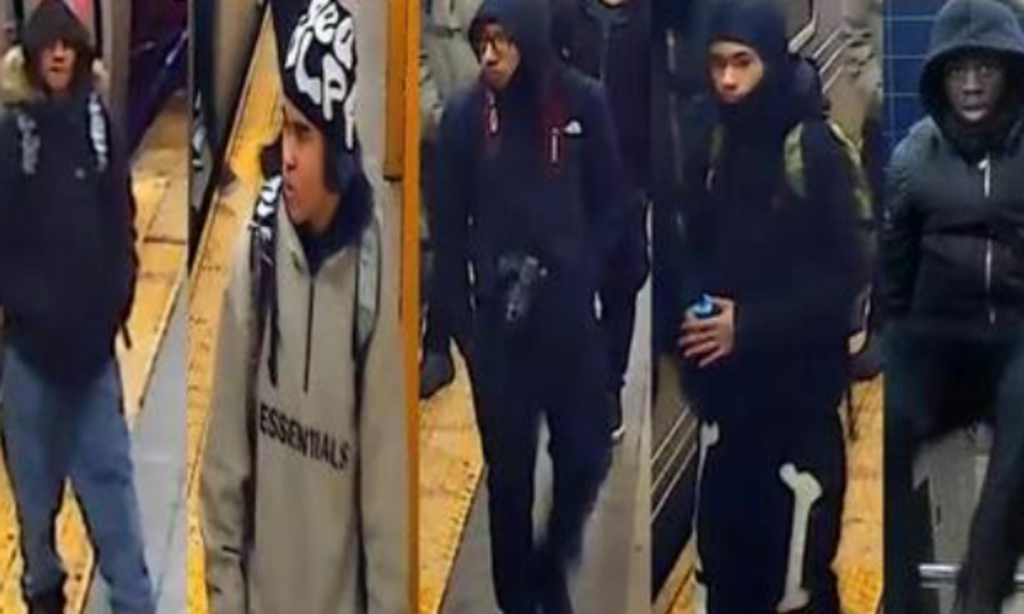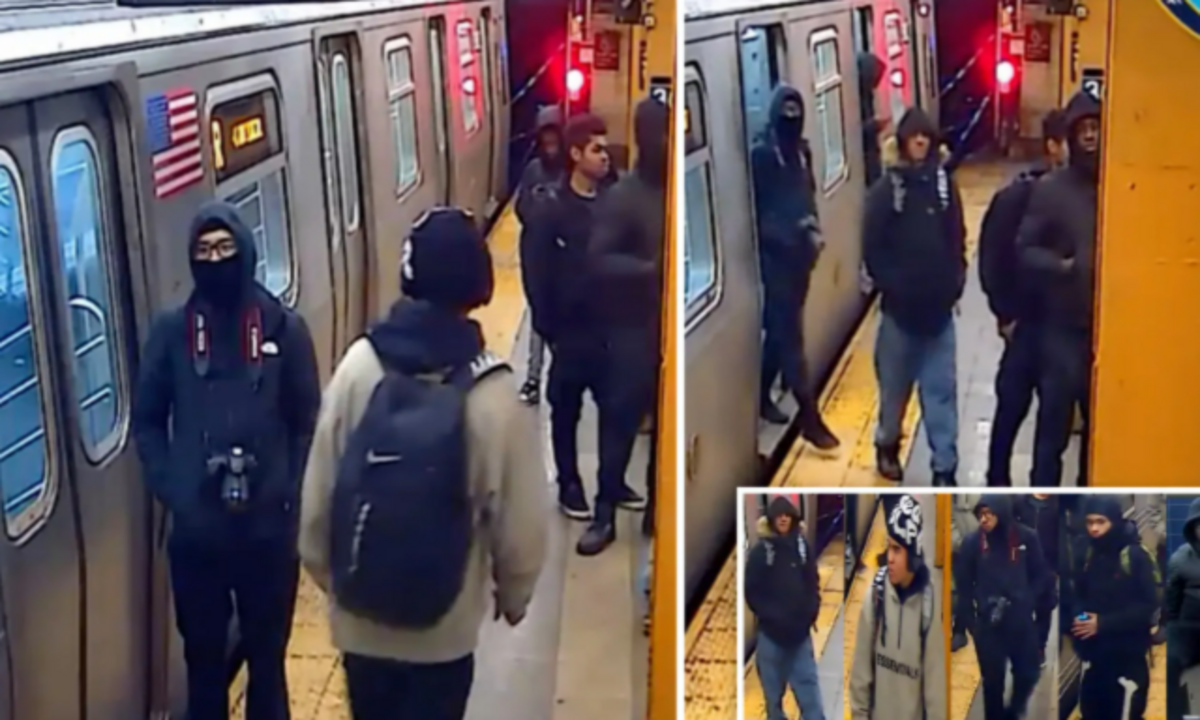In a concerning series of events, a 15-year-old boy has been arrested for the second time in recent weeks for attempting to operate a New York City subway train without authorization.
This incident has raised significant questions about transit security and the effectiveness of the juvenile justice system in handling repeat offenders.
Latest Incident Details
On February 18, 2025, the teenager was apprehended after illegally entering the conductor’s cab of a southbound 2 train near the Prospect Avenue station in the Bronx. Authorities reported that he attempted to perform functions reserved for train crew members. Fortunately, an alert train crew and nearby NYPD officers intervened before he could interfere with the train’s operation. The teen was arrested at the scene and charged with reckless endangerment and impersonation.
Previous Unauthorized Operation
This arrest comes just weeks after the same individual, along with a group of other teenagers, commandeered an R train in Brooklyn on January 25, 2025. In that incident, the group gained access to an unoccupied train at the 36th Street station in Sunset Park. They managed to operate the train for a short distance, reaching speeds of approximately 30 mph, before abandoning it and fleeing on foot. Footage of the joyride was later posted on social media, leading to public outrage and a police investigation.
MTA’s Response
Michael Kemper, the MTA’s chief security officer, expressed frustration over the repeated offenses. He stated, “Thanks to an alert train crew and nearby NYPD officers, a teenager who had illegally entered a conductor’s cab on a 2 train was stopped and arrested before interfering with its operation.” Kemper also criticized the juvenile justice system, questioning how family court could allow such an individual to be rapidly released after a serious offense, thereby risking the lives of riders and transit workers.
Security Measures and Concerns
These incidents have highlighted potential vulnerabilities in the transit system’s security protocols. In response, the MTA has announced plans to enhance security at key transit locations and is actively exploring new technologies to prevent unauthorized access to operator cabs. Proposed measures include biometric verification systems to ensure that only authorized personnel can operate trains.
Legal and Social Implications
The teenager’s repeated offenses have sparked a broader discussion about the handling of juvenile offenders in serious cases. Critics argue that the current system may not be providing adequate deterrents or interventions to prevent recidivism among youth involved in dangerous activities. The balance between rehabilitation and accountability remains a contentious issue, especially when public safety is at risk.
Community Reaction
Public reaction to these events has been one of concern and frustration. Commuters and transit workers alike have expressed unease over the ease with which unauthorized individuals can access and operate trains. There is a growing call for stricter security measures and more robust legal consequences to prevent similar incidents in the future.
The recent unauthorized operations of NYC subway trains by a repeat teenage offender underscore the need for improved security measures within the transit system and a reevaluation of the juvenile justice system’s approach to serious offenses. Ensuring the safety of both passengers and transit workers requires a multifaceted strategy that addresses security vulnerabilities, legal frameworks, and effective rehabilitation programs for young offenders.
Disclaimer—Our team has checked this article to ensure its accuracy and eliminate any misinformation. We are committed to providing clear and reliable information for our readers.


